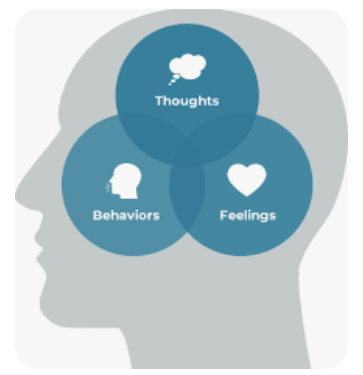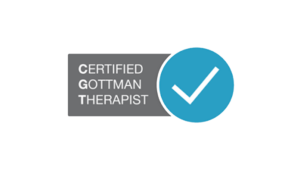What is Cognitive Behavioral Therapy?
Cognitive Behavioral Therapy (CBT) is a widely recognized and effective form of psychotherapy that focuses on identifying and changing negative thought patterns and behaviors. It is used to treat a variety of mental health conditions, including anxiety, depression, and stress. In this blog post, we will delve into the principles of CBT, its benefits, and how it can help individuals lead healthier, more fulfilling lives.
Cognitive Behavioral Therapy is based on the idea that our thoughts, feelings, and behaviors are interconnected and affected by each other, and that changing negative thought patterns can lead to changes in feelings and behaviors. CBT is a goal-oriented and problem-focused therapy, often involving a structured approach with specific techniques and strategies.
Key Principles of CBT
CBT operates on several core principles:
- Cognitive Restructuring: Identifying and challenging negative or distorted thinking patterns.
- Behavioral Activation: Encouraging engagement in positive activities to improve mood and reduce avoidance behaviors.
- Problem-Solving: Developing practical skills to cope with stressful situations.
- Exposure Therapy: Gradually facing feared situations or thoughts to reduce anxiety and avoidance.
Benefits of CBT
CBT has numerous benefits, making it one of the most popular forms of therapy. Some of its key benefits include:
1. Evidence-Based
CBT is backed by extensive research demonstrating its effectiveness in treating various mental health conditions, including anxiety disorders, depression, PTSD, and OCD.
2. Short-Term Treatment
CBT is typically a short-term therapy, with many individuals seeing significant improvement in just 12-20 sessions. This makes it a practical option for those seeking efficient and effective treatment.
3. Skill Development
CBT equips individuals with practical skills that can be used long after therapy has ended. These skills include stress management techniques, coping strategies, and ways to challenge negative thinking, just to name a few!
4. Focus on the Present
While acknowledging the impact of past experiences, CBT primarily focuses on current problems and how to address them. This future-oriented approach can be particularly empowering for individuals seeking more immediate relief.
How CBT Works
CBT involves a collaborative effort between the therapist and the client. Here’s how the typical CBT process works:
1. Assessment and Goal Setting
The therapist conducts an initial assessment to understand the client’s concerns and sets specific, measurable goals for therapy.
2. Identifying Negative Thought Patterns
The therapist helps the client identify negative or unhelpful thoughts that contribute to their distress. This often involves keeping a thought diary or using worksheets to track thoughts and emotions.
3. Challenging and Replacing Negative Thoughts
Through cognitive restructuring, the therapist teaches the client how to challenge and replace negative thoughts with more realistic and positive ones. This can involve questioning the evidence for and against a thought, exploring alternative viewpoints, and testing the validity of beliefs.
4. Behavioral Interventions
CBT incorporates behavioral techniques to change unhelpful behaviors. This might include exposure therapy for anxiety, activity scheduling for depression, or relaxation training for stress.
5. Homework and Practice
Clients are often given homework assignments to practice the skills learned in therapy in between sessions. This reinforces the concepts and helps integrate them into daily life.
CBT for Various Conditions
CBT is effective for treating a wide range of mental health issues:
- Anxiety Disorders: CBT helps individuals understand and manage the thought patterns that contribute to anxiety, using techniques like exposure therapy to reduce avoidance behaviors.
- Depression: By challenging negative thoughts and increasing engagement in positive activities, CBT can significantly alleviate symptoms of depression.
- Post-Traumatic Stress Disorder (PTSD): CBT, particularly trauma-focused CBT, helps individuals process traumatic events and reduce associated symptoms.
- Obsessive-Compulsive Disorder (OCD): CBT techniques like exposure and response prevention (ERP) are particularly effective in treating OCD.
To sum it up, cognitive Behavioral Therapy (CBT) is a powerful and versatile therapeutic approach that can help individuals overcome a wide range of mental health challenges. By focusing on the connections between thoughts, feelings, and behaviors, CBT provides practical tools for managing and reducing symptoms.
At Kingston & Co Counseling, our experienced therapists are skilled in CBT and committed to helping you achieve your mental health goals. For more information on our CBT services or to schedule an appointment, please contact us. We are here to support you on your journey to better mental health!







